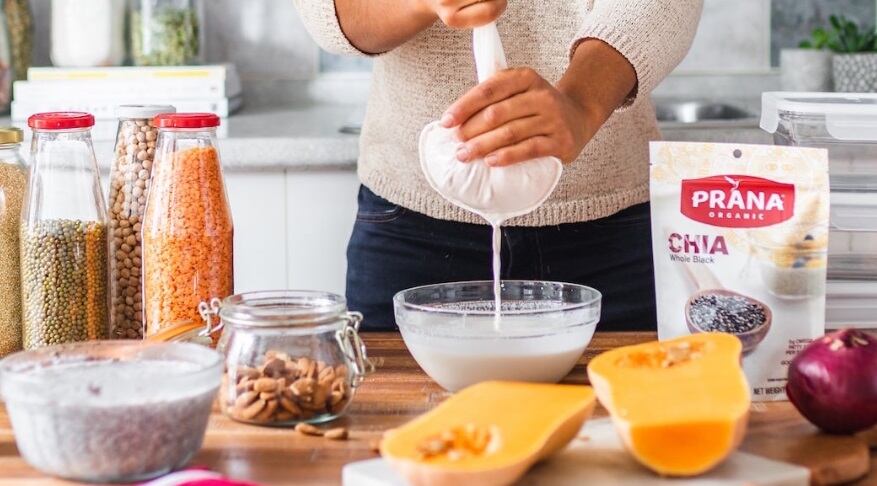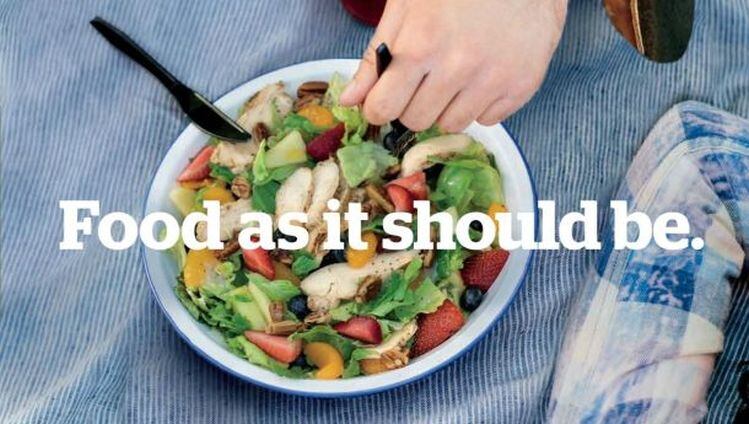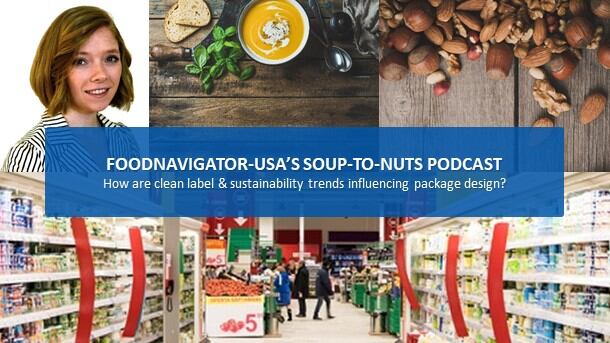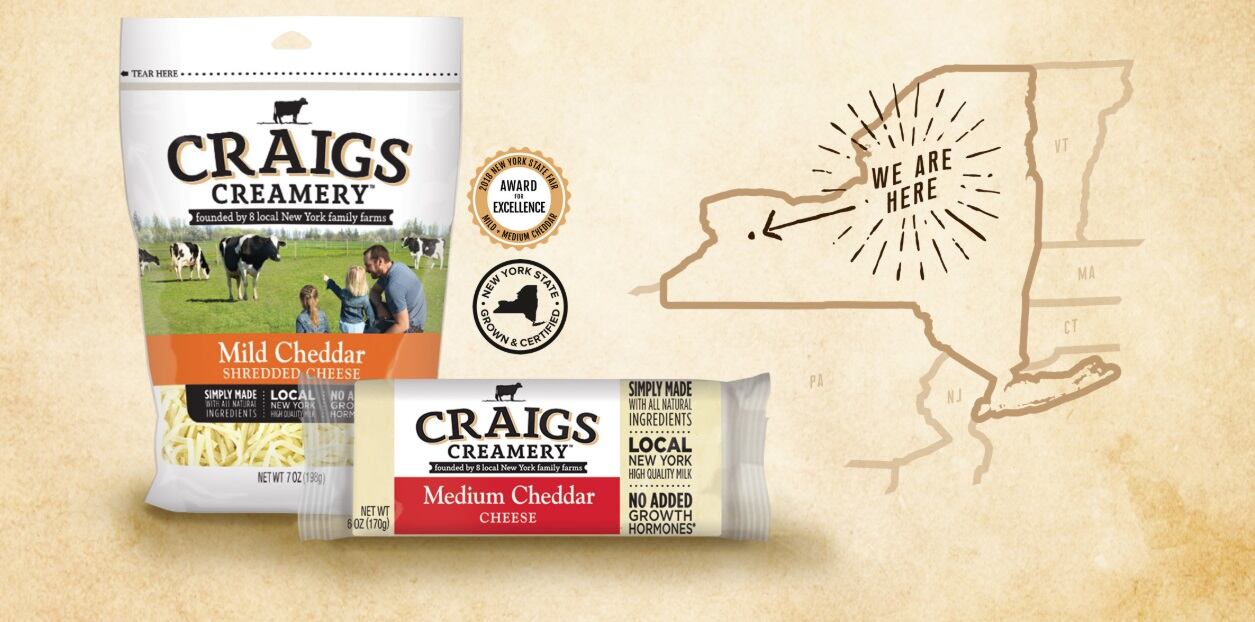“The food system and our food choices have tremendous impact on the environment, and I think and hope that consumers are more and more aware of the impact of their food choices,” Marie-Josée Richer, co-founder of Prana, told FoodNavigator-USA.
She explained: “There is more information out there now. There is the internet. There is more transparency. We know more about what is going on with our neighbors … and I believe that people are more conscious and want to live by their values and want to buy with their values, and this is something that Prana stands for – we are not only products, but also values that you can believe in and bring home and share with your friends.”
To be “good citizens and better partners for consumers … to create a better food system,” the company in 2017 conducted a full lifecycle analysis of its products to better understand and reduce the impact of its business and products on the environment, she said.
“We looked at everything from the growing of the nuts, the cacao, the seeds – all of our ingredients – and followed it through to end of life of our products, so how the consumers bought and used the products to what they put in the garbage,” she added.
The idea was to create a database and identify a place to begin reducing the environmental impact, but what Prana found “was pretty astonishing,” said Richer.
“I always thought it would the packaging and all the plastic, but this lifecycle analysis gave us so much insight to where we were really having an impact, and we realized that 81% of our impact was in the agriculture of our food and of our ingredients,” she said, noting, “even though we are organic, we are vegan, and we deal mostly with trees, which are much more sustainable than other forms of agriculture.”
For comparison, plastic packaging accounted for only 5% of the company’s impact.
Armed with this knowledge, the company made the difficult, and potentially unpopular, decision to stop sourcing its almonds from California and instead order them Spain.
“A closer look at the 81% of impact from agriculture showed that almonds were a big deal. They need tons of water,” and to support them California diverts 53 billion cubic meters of water annually to supplements its insufficient rainfall, Richer explained. This converts to 8% of all water used in the state or about 12 liters of water to grow a single California almond.
“This was very stressful for us to realize,” and in good conscious Prana could not continue down this path, she added.
By switching to a Spanish supplier that needs much less water than its California counterparts, Prana was able to save the equivalent of about 300 Olympic pools of water in a year, she noted.
In addition, the new suppliers reduces waste by repurposing the almond shells to create energy for operations on their farms, she noted.
Furthermore, even though the company’s almonds now come from much farther away, Richer notes that the emissions associated with the transportation is lower than when they were sourced from California.
“In our lifecycle analysis, we realized that to ship from California to Montreal by truck is less sustainable and has more of an environmental impact than to ship by boat from Europe to Montreal. So, a lot of things were counter-intuitive in the analysis and really eye-opening,” she said.
Next up: other ingredients and an ongoing struggle with packaging
The company’s bold move to switch almond suppliers is just the beginning of its efforts to reduce its environmental impact, Richer said.
She explained that the company is exploring how it can work with farmers to more sustainably source its other ingredients, such as cacao, which is associated with deforestation, or cashews.
Beyond agriculture, the company is striving to become carbon neutral by buying offsets, working with wind-power and planting hundreds of trees, she said.
She also wants to find a better package solution – even though it accounts for just 5% of the company’s impact – but Richer acknowledges this task is not easy.
“The industry is moving away from plastic and we need to shift the paradigm of what we are using. But because we are dealing with nuts and seeds and ingredients that can go rancid, we need an oxygen barrier in our packaging that will protect the integrity of the food” so as not to generate waste, which can have a more significant environmental impact, Richer explained.
“We checked compostable packaging, but that is usually made with GMO corn, which is also problematic, and we looked at cartons but they needed an insert, and we checked to reduce the thickness of the plastic lining but found it was already very thing and efficient,” she explained, adding that glass containers are not a good solution either because they are heavy and rack up transportation emissions.
“’It is very complex and we are looking at alternatives, but unfortunately for today we don’t have something better – yet,” she said. “But, we are always looking for better alternatives and are aware that technology is changing quickly. So hopefully soon the entire industry can shift together.”




